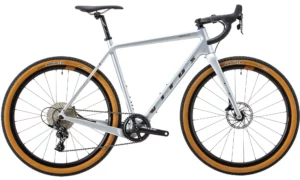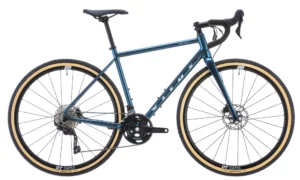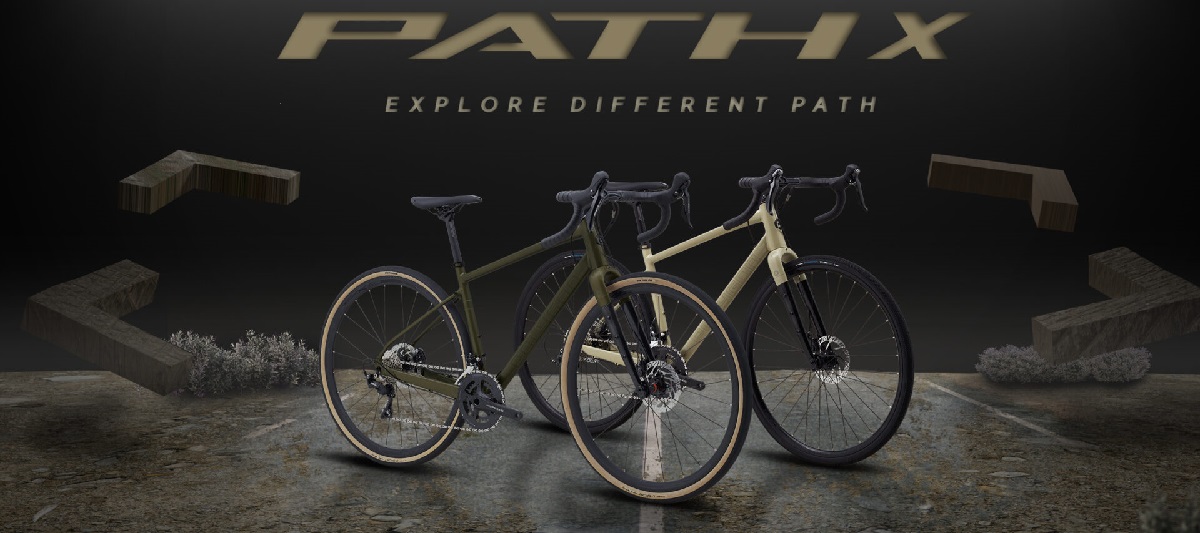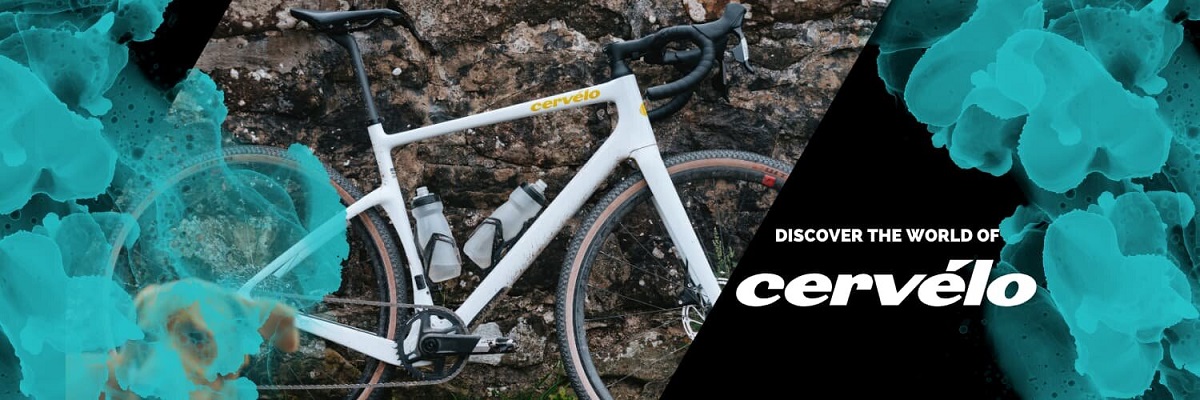

From Steel Tubes to Global Brand: The Vitus Legacy
The Vitus name has a rich history intertwined with the evolution of cycling. It all began in the 1930s in Saint-Étienne, France, with Ateliers de la Rive, a renowned manufacturer of high-quality steel tubing. Vitus wasn’t a complete bike yet, but their lightweight “Vitus” tubeset became a popular choice for frame builders, standing alongside established names like Reynolds.
The story takes a significant turn in the mid-1970s. Bador, another French bike manufacturer, acquires a majority share of Vitus and makes a groundbreaking move. They introduce the world’s first mass-produced aluminum frames – the Vitus 979. These lightweight and responsive bikes revolutionized the cycling industry, with the Vitus 979 racking up numerous wins in professional races throughout the 1980s.
Vitus faced challenges in the late 90s and early 2000s as the cycling industry underwent rapid change. However, a team of passionate bike engineers in Northern Ireland saw an opportunity. In 2009, they acquired the Vitus brand, recognizing its historical significance and potential. This move also had an Irish connection – cycling legend Sean Kelly joined the team as a brand ambassador, a perfect fit for the brand’s heritage.
Today, Vitus stands as a leading global manufacturer of bicycles. They offer a wide range of road and mountain bikes, catering to riders of all levels. Their commitment to innovation and using high-quality materials is evident in their ever-evolving product line. From lightweight performance bikes to comfortable endurance models, Vitus remains dedicated to providing exceptional value and riding experiences.
The Vitus story is one of adaptation and a constant pursuit of progress. From its French steel tubing roots to its current position as a global brand, Vitus continues to inspire riders with its commitment to quality, performance, and a rich cycling legacy.

 Free Return 30 Days after Purchase
Free Return 30 Days after Purchase Pay Securely
Pay Securely








